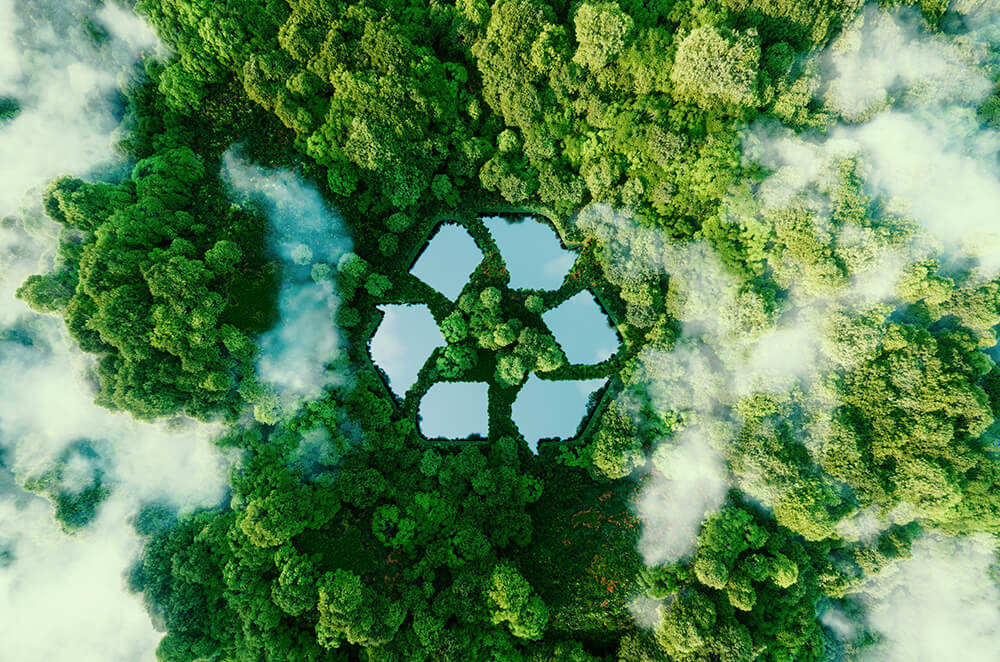It was the hottest year on record. There were droughts (still ongoing), hurricanes and floods that caused severe damage across the world. But 2023 didn’t just bring bad news on the environmental front. Looking back at the year past, there’s more than a few ‘wins’ to be celebrated.
Latin America in particular has taken significant strides in addressing pressing issues such as plastic pollution, marine biodiversity protection, deforestation, and sustainable commodity production. Here, we highlight 4 environmental achievements of the past year that should be celebrated:
1. Latin America at the Forefront of the Fight Against Plastic Pollution:
Latin American representatives Gustavo Meza-Cuadra Velásquez of Peru and Luis Vayas Valdivieso of Ecuador have played pivotal roles at the Intergovernmental Negotiating Committee on Plastic Pollution, which is tasked with drafting a global treaty designed to end plastic pollution.
Despite challenges in reaching a consensus during the 2023 meetings, Latin American countries are pushing for a comprehensive treaty that addresses the entire lifecycle of plastics, from production to waste management.
Moreover, countries like Colombia, Jamaica, and Panama have joined forces to combat plastic pollution in coastal and urban environments. Through a new project led by the United Nations Environment Programme (UNEP), these countries aim to adopt closed-loop policies, engage the private sector in the fight against plastics, and create an inter-city network to share best practices. Their experience could open a path for other countries in the region to do the same.
2. A New Treaty to Protect the High Seas
After decades of negotiations, countries worldwide, including Latin American nations, have agreed to the High Seas Treaty, which aims to protect the oceans outside national boundaries. Latin American countries, organized under the CLAM (Latin American Core Group) bloc, played a decisive role in achieving a balanced agreement that promotes marine research, shares benefits for developing countries, and sets up marine protected areas.
With 14 Latin American countries actively participating, this treaty represents a significant step towards achieving the goal of protecting 30% of the world's oceans by 2030.
3. The EU’s New Forest-Friendly Policies:
The European Union's new regulation, in force since June 2023, is a game-changer for Latin American countries exporting commodities like soy, beef, palm oil, wood, cocoa, coffee, and rubber to the EU.
Importers must now prove that their products are not linked to recent deforestation or forest degradation. This regulation not only addresses environmental concerns but also forces businesses to uphold human rights throughout the production chain. With the EU being a major importer, these policies have the potential to significantly impact the global fight against deforestation, and regional Latin American efforts especially.
4. Deforestation of the Amazon Slows
Despite severe droughts in the Amazon in 2023, the rate of deforestation has seen a sharp decline. Brazil's commitment to halt deforestation by 2030, coupled with monitoring measures to combat illegal logging, has played a crucial role. In Colombia, a similar trend has been observed.
These successes highlight the potential of government policies in achieving real change in climate action. As the Amazon rainforest teeters on the brink of a tipping point, these policies serve as beacons of hope, demonstrating that concerted efforts can make a substantial impact. They also lead the way for other countries that are part of the Amazon basin and can adopt similar resolutions to protect their part of the rainforest.
As we reflect on these environmental wins, it is clear that Latin America is emerging as a force for positive change. The region's commitment to tackling plastic pollution, protecting marine biodiversity, enforcing forest-friendly policies, and curbing deforestation in the Amazon sends a powerful message globally.

